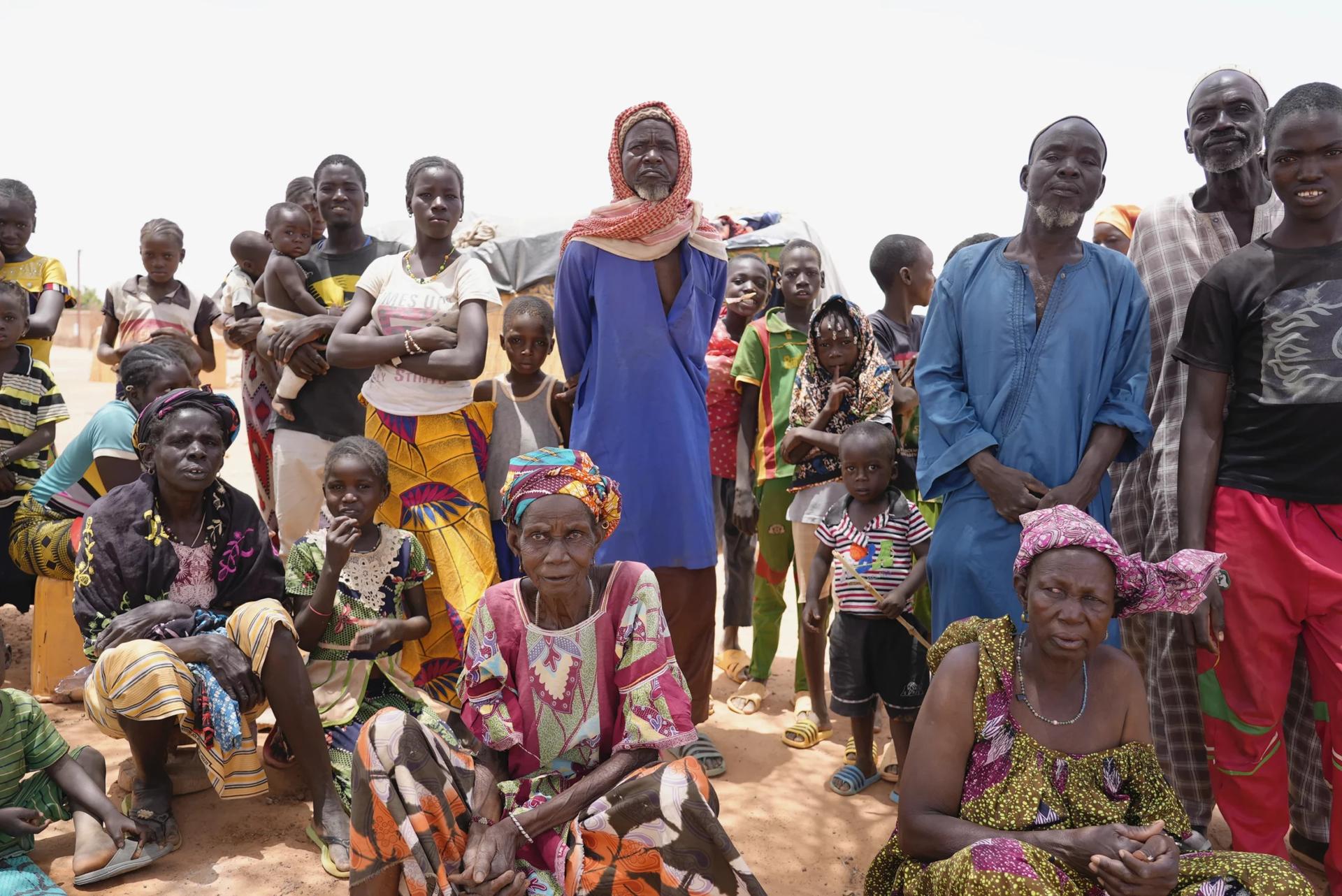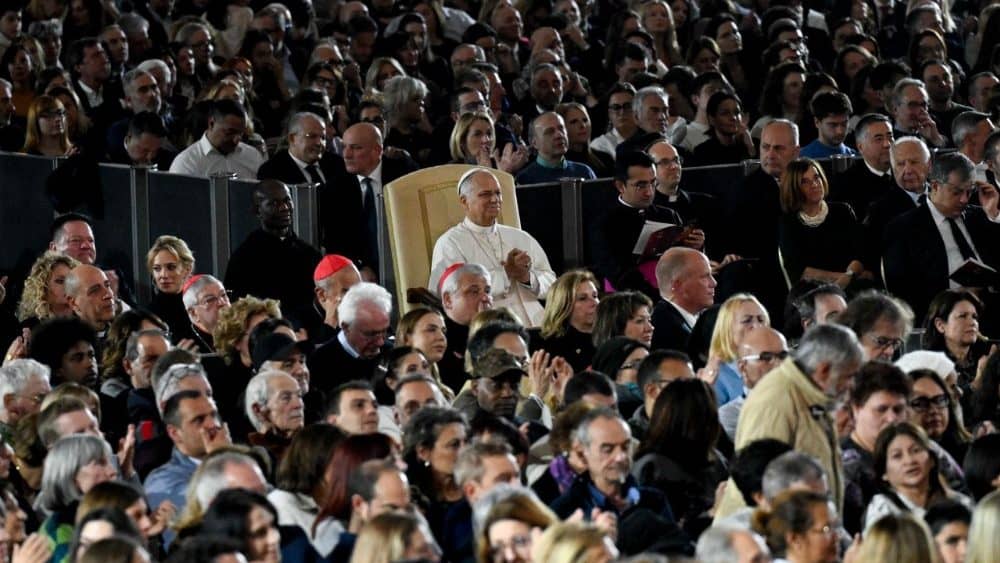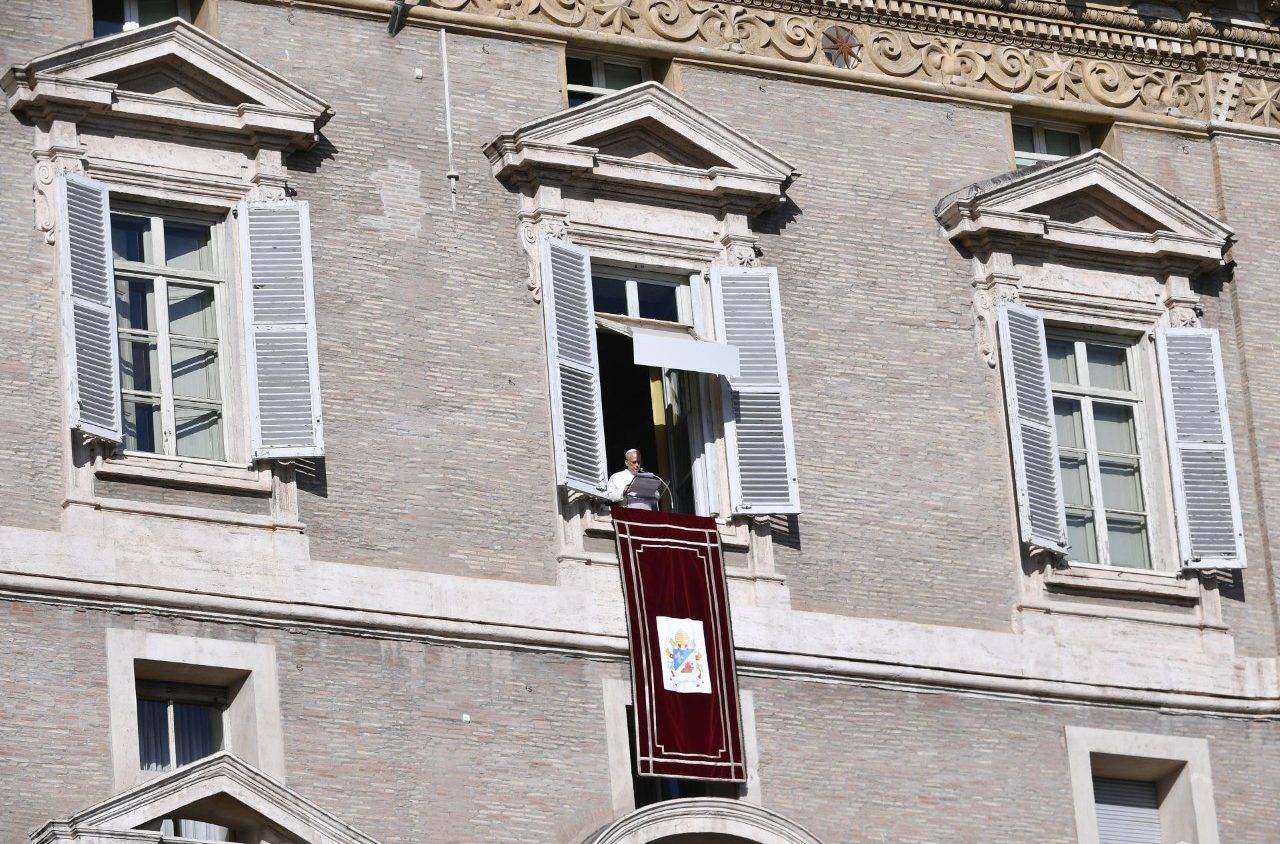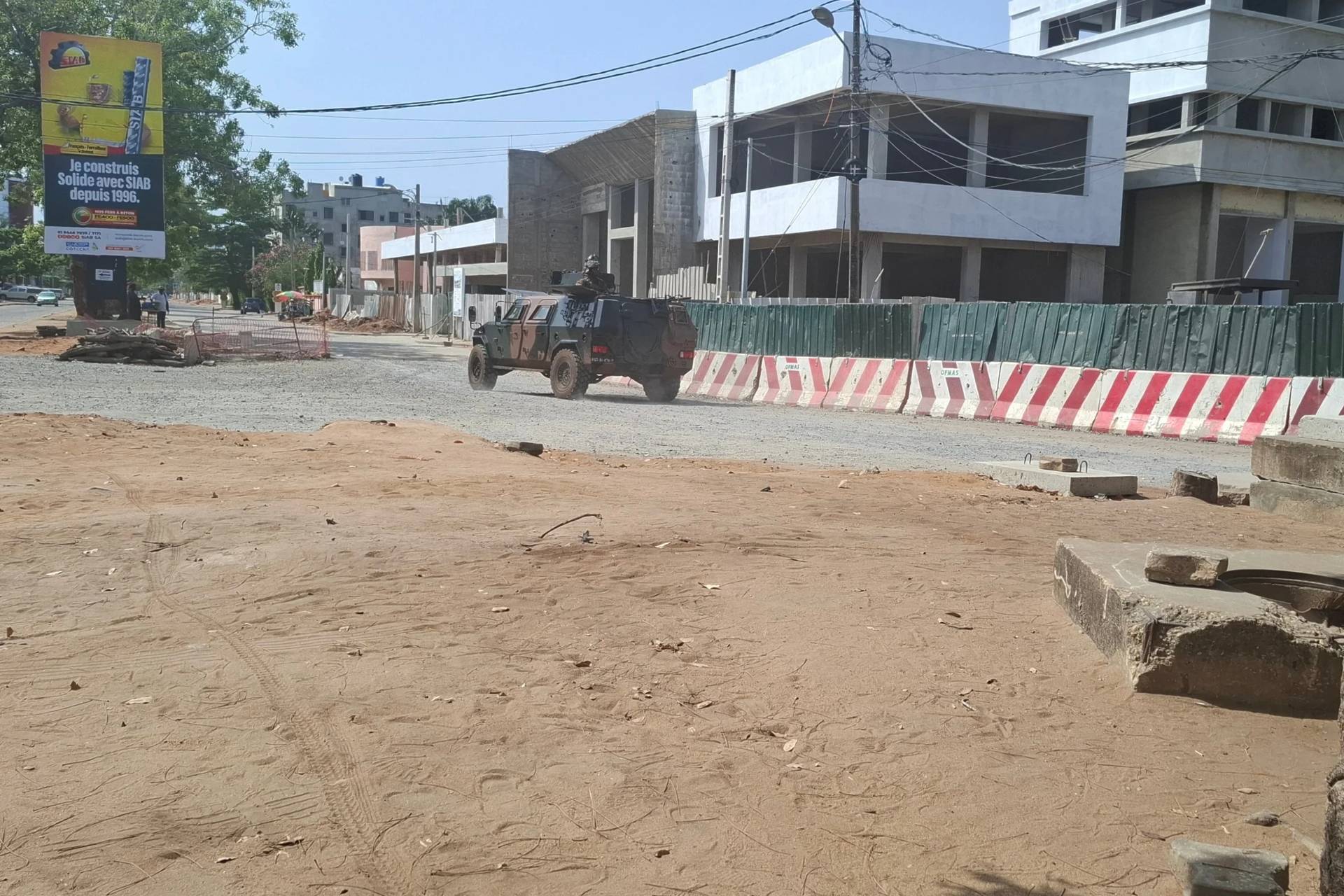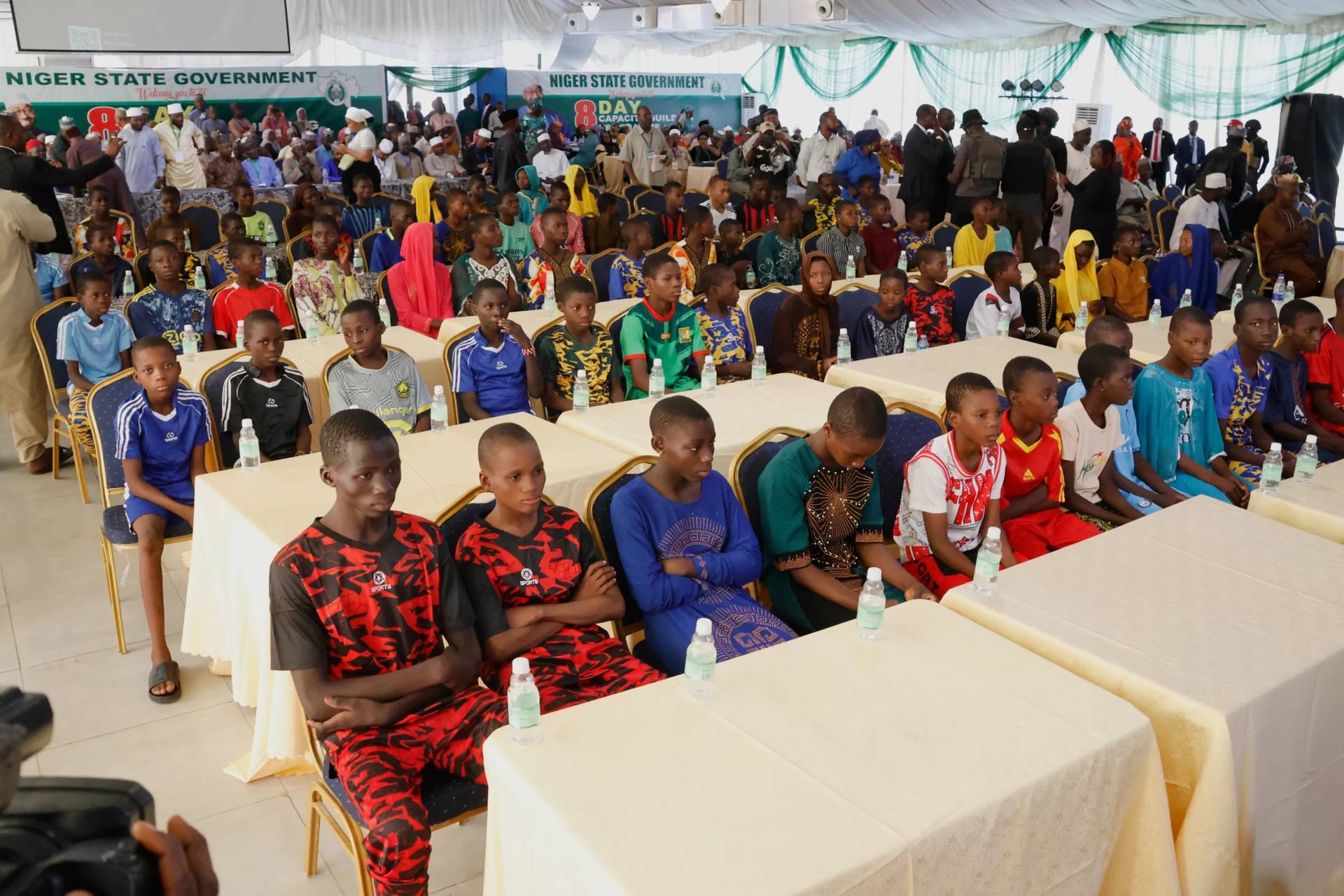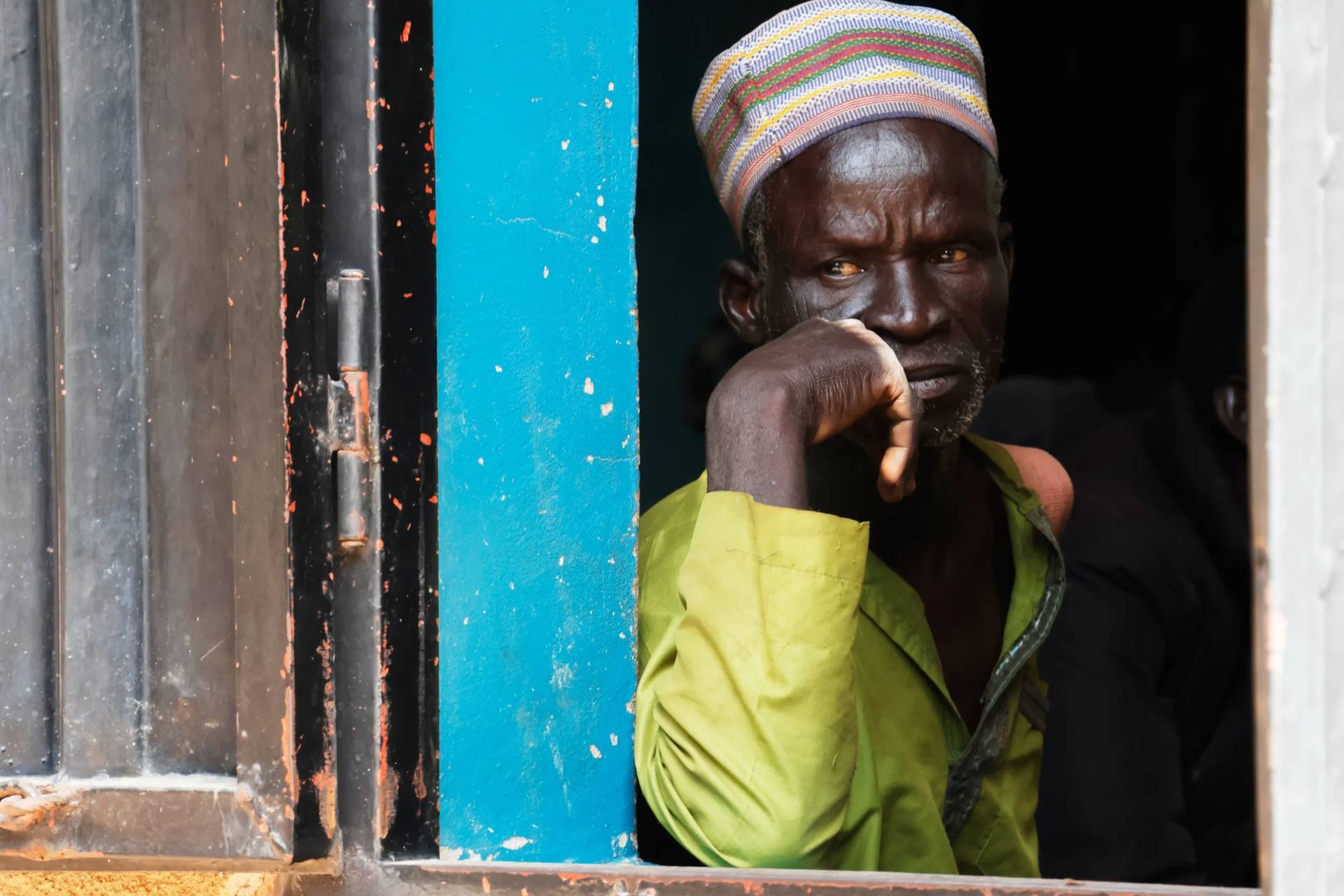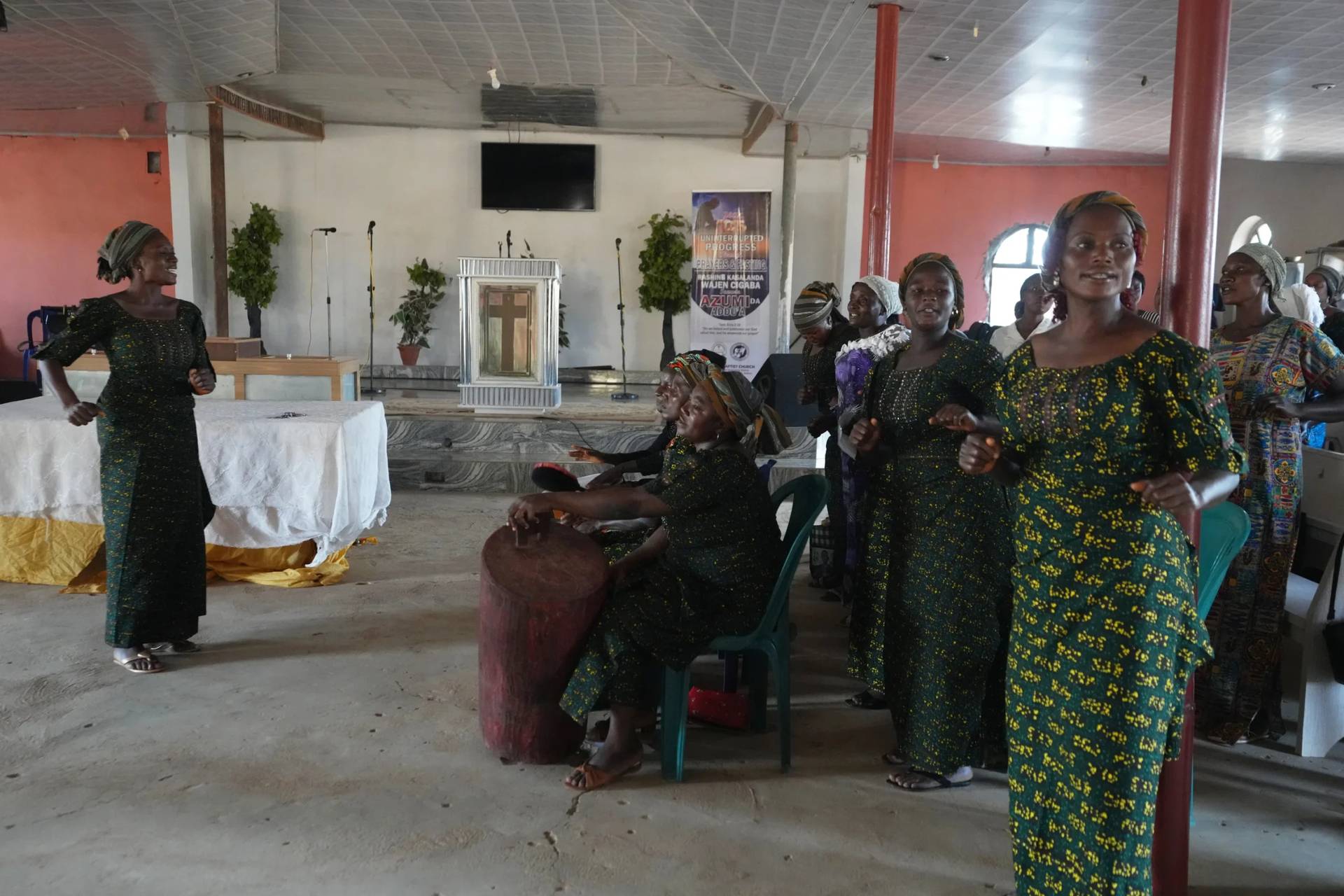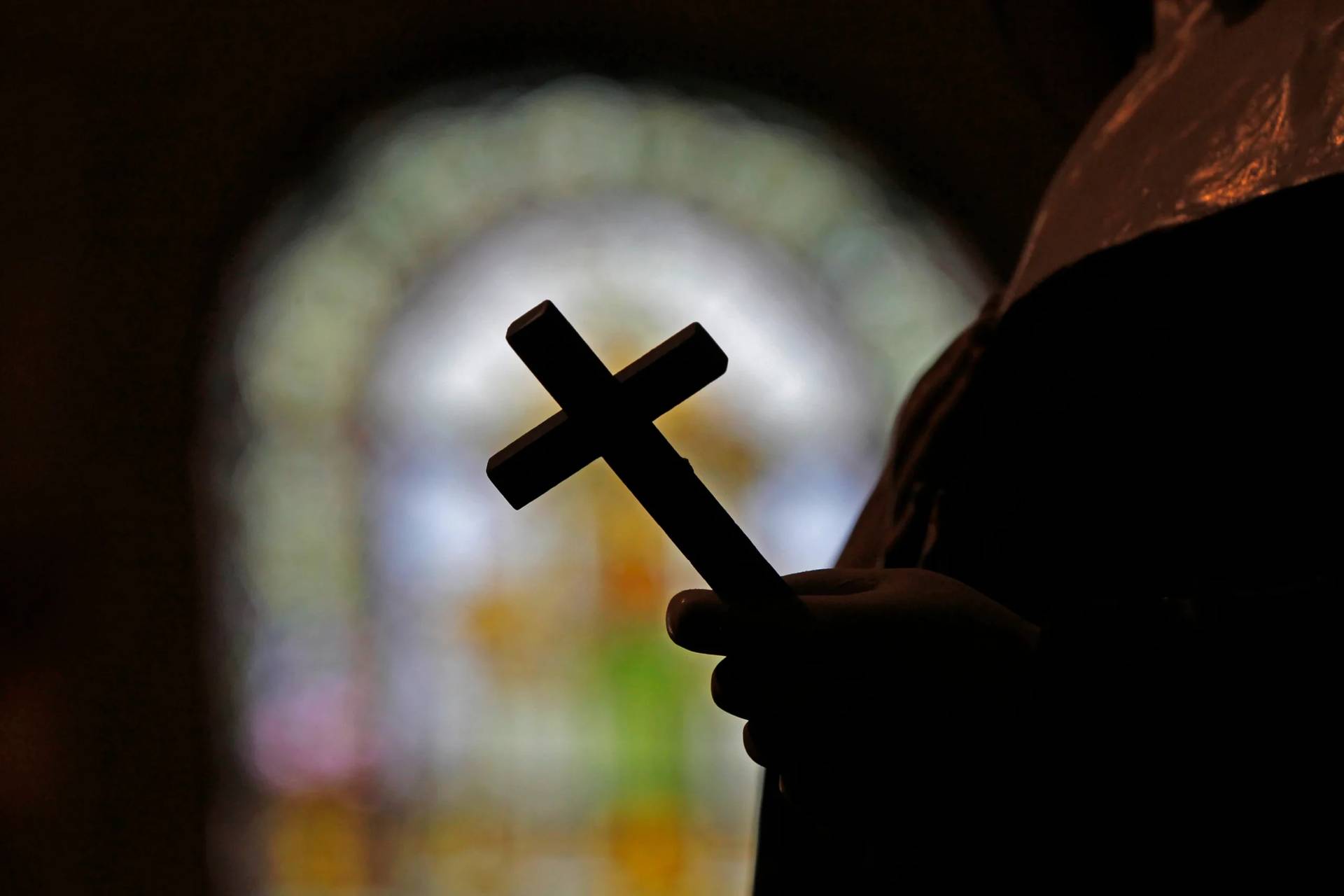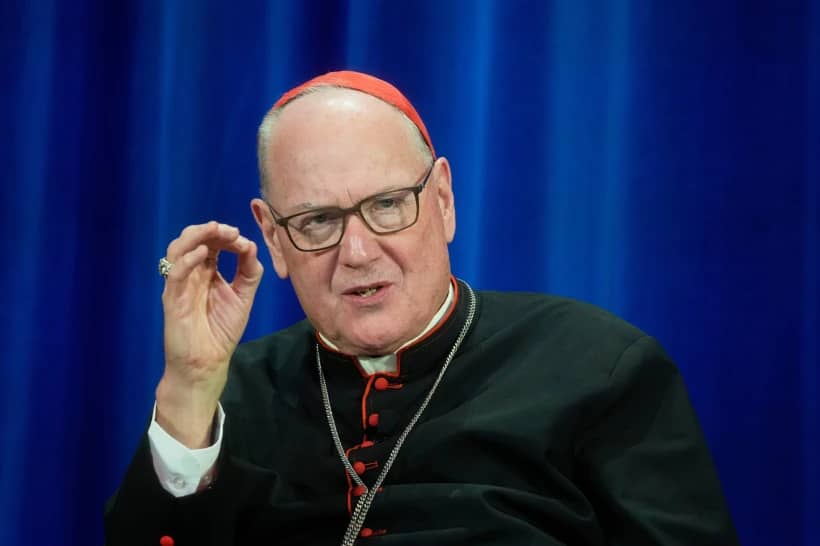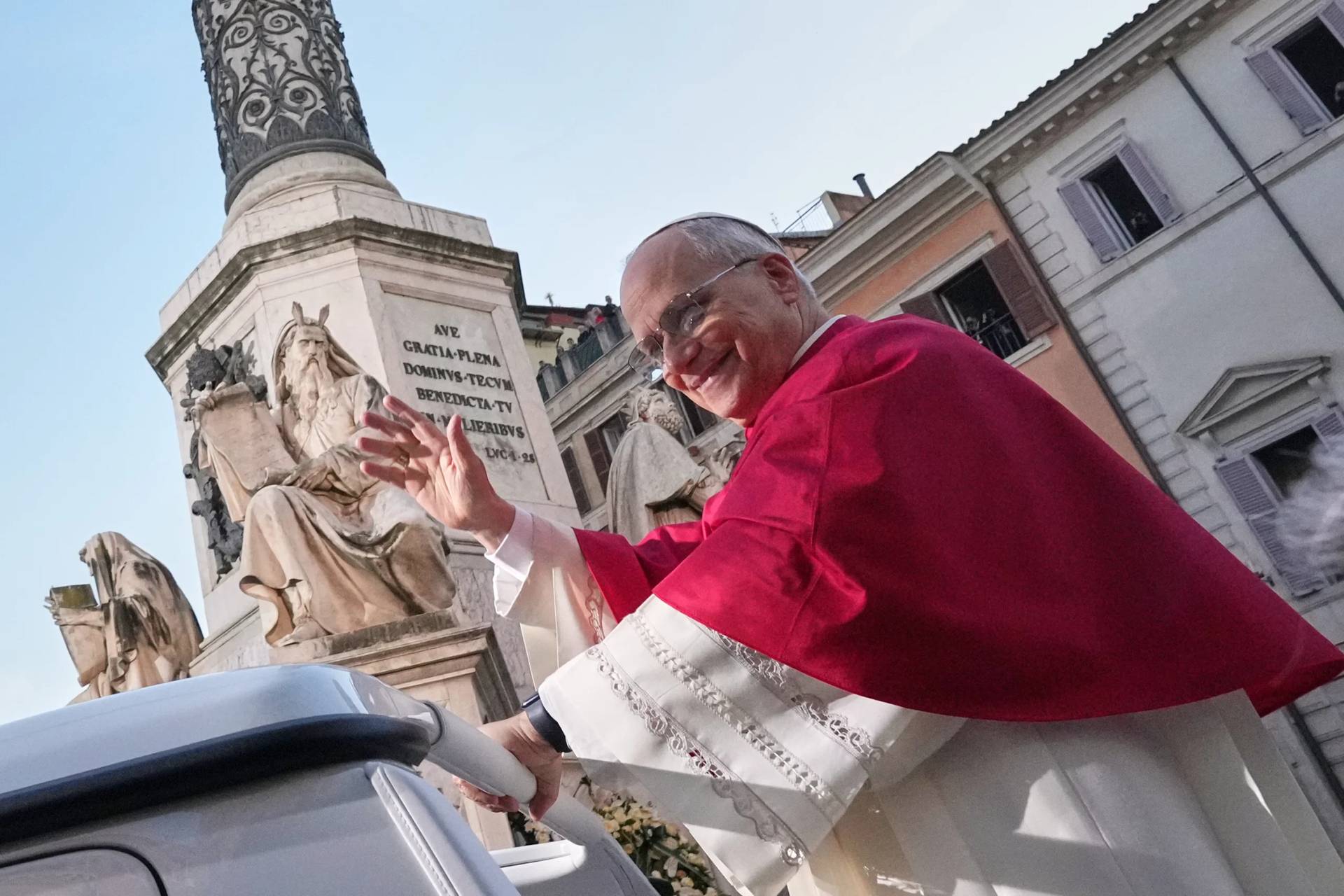YAOUNDÉ, Cameroon – A leading Nigerian priest has praised President Ibrahim Traore of Burkina Faso for making a strong statement in favor of religious freedom.
Traore recently declared that anyone fanning the flames of division based on religious identity would face a lifetime in jail.
“The first prayer is for the fighting forces. May God protect them and grant them victory over the enemy,” the president said as he joined Muslims and Christians to mark the end of the Ramadan that also coincided with the Lenten period.
“We pray that we can know peace, and we pray to God that next year, at this time we can celebrate in peace, joy and harmony ….We pray that he may allow us to achieve our much desired prosperity and development and that next year, at this time, God willing, we will pray in peace, joy, love and cohesion,” he said before warning that those seeking to divide the country along religious lines risk serving a lifetime in jail.
The Sahelian country is largely Muslim, with nearly 64 percent of the population identifying as such. However, nearly 27 percent identify as Christians. The once Christian-Muslim cohesion that characterized Burkina Faso has been stretched, as extremist groups carry out their campaign of murder.
The Burkina Faso president – a Muslim himself – called for religious unity in the face of a worsening jihadist war waged by extremist Muslim against Christians.
The country has faced a decade of insecurity due to terrorist groups linked to Al-Qaeda and ISIS. For instance, at the end of January this year, at least 26 people, including six Christians, were killed in Western Burkina Faso when more than 200 terrorists attacked three villages.
Traore, who came to power precisely to fight terrorism, has warned those who kill in the name of faith that they won’t have any place to hide.
Father Patrick Alumuku, Director of the Catholic Television Channel Nigeria, has welcomed Traore’s commitment to religious tolerance as the mark of great leadership.
“We firmly believe in the possibility of coexistence between Christians and Muslims,” Alumuku told Crux.
“For instance, the president of Burkina Faso recently declared that anyone attempting to divide Christians and Muslims in the country would face life imprisonment,” he said.
The 37-year-old came to power in September 2022, after overthrowing Lieutenant Colonel Paul Henri Damiba, whom he supported earlier that year in a coup that put an end to the rule of president Roch Marc Kaboré.
Almuku said Traore wasn’t comfortable with the continued failure to decisively fight terrorism.
“This issue [the fight against terrorism] was one of the key factors that led to the coup,” he told Crux.
“The previous administration received support to combat terrorists and jihadists entering the country and killing civilians but failed to act effectively. When the current president took over, he acknowledged the crisis and vowed to confront it, despite being a Muslim himself. His position reflects the growing frustration among Muslims who oppose the violence, offering hope that a broad coalition can work toward peace,” he said.
The Nigerian priest said terrorists started infiltrating the Sahel some 20 years ago “with evidence suggesting financial and arms support from the Middle East to destabilize Christian communities in the Sahel.”
“The aim was to seize their property, burn churches, destroy communities, and occupy their lands. This has been ongoing for decades,” he said.
“This crisis is spreading beyond West Africa, reaching East Africa, South Africa, and Mozambique, with groups like Al-Shabaab contributing to the instability. The ultimate goal seems to be the destruction of the church in Sub-Saharan Africa,” the Nigerian priest told Crux.
Traore’s forceful stance against terrorism however contrasts sharply with the Nigerian authorities, who stand accused of complicity with the terrorists.
“The global community is often shocked by the frequent kidnappings of priests in Nigeria — some are killed, others held for weeks. Nuns have also been abducted, enduring unknown hardships before being released, often after ransom payments,” Alumuku said.
“For instance, in Makurdi, Benue State, where I am currently, the community is predominantly Christian. When Fulani attackers strike, they kill a few people at night, forcing others to flee their homes, which are then occupied by the attackers. This has led to the displacement of people who had never faced such challenges before, now living in IDP camps,” he explained.
“This is indeed a troubling situation,” the priest said.
While there is what has been described as “the complicity of silence “by authorities in Nigeria, Ibrahim Traore has united his peers of Mali, Niger and Chad in a strong response to the spread of terrorism.
“They recognize the lack of attention from West African leaders and are deeply concerned about the future of their nations,” Alumuku told Crux.
“Unfortunately, there appears to be a conspiracy among some leaders in West Africa, exacerbating the problem,” he said.
That conspiracy is more noticeable in a country like Nigeria, where various observers have pointed at the government for abetting terrorism.
For instance, Nigerian Bishop Wilfred Anagbe of Makurdi Diocese recently told members of the Africa Subcommittee in the U.S. Congress that government officials in Nigeria give Muslim attackers what he called “impunity.”
“When we call for help from the police and the army, they do not come,” he said.
Alumuku said the challenges should not stop the Church and other actors from working toward a return to peace.
“I believe that fostering dialogue between sincere, well-meaning Muslims and Christians can lead to a solution. By working together, we can create a future where coexistence and collaboration are possible. We must seize this opportunity to foster unity and advance stability across our nations and the continent,” the priest said.
“Without peace in Africa, meaningful development will remain elusive,” he told Crux.
